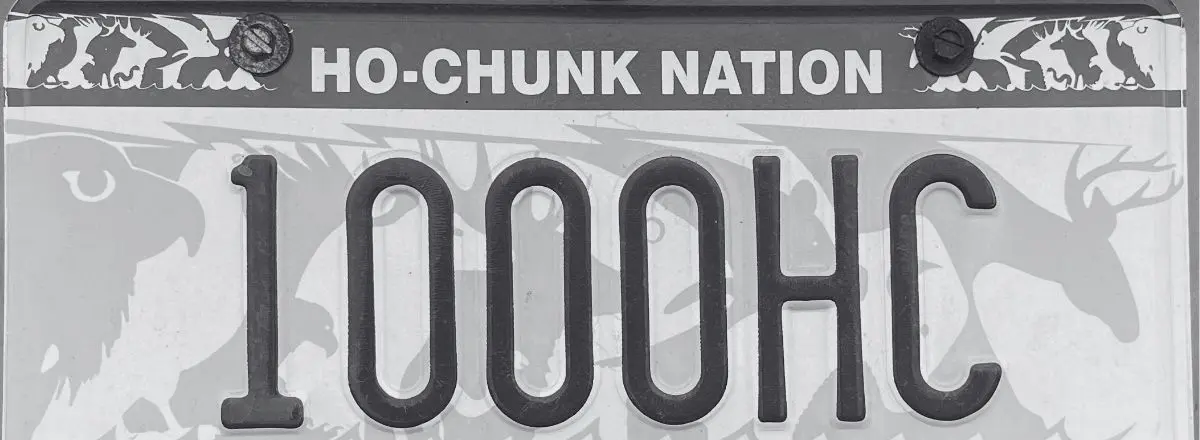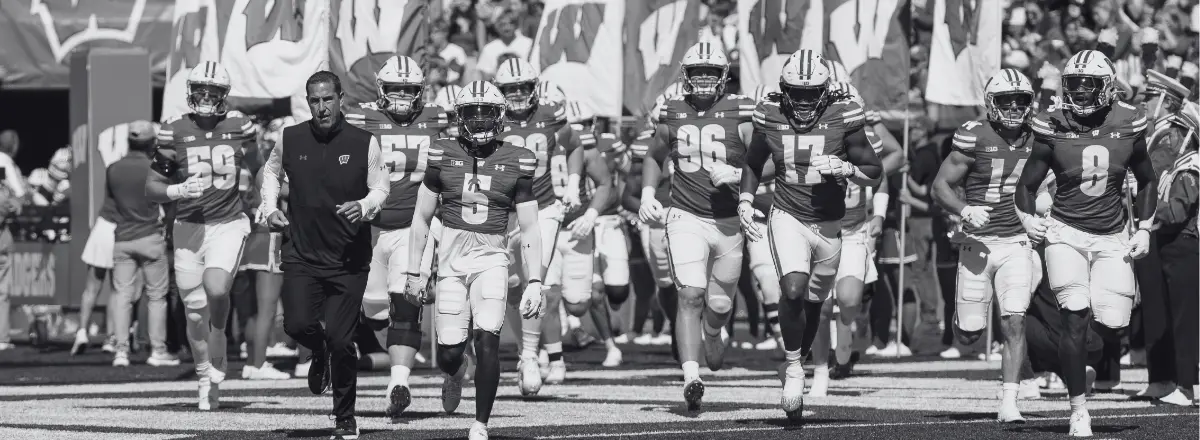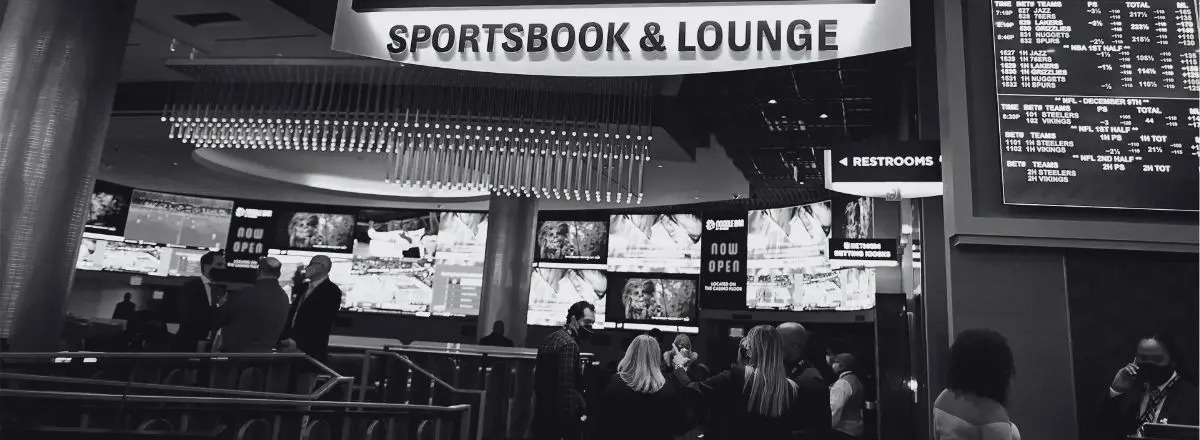The Ho-Chunk Nation has filed a lawsuit against companies that they believe are offering illegal Wisconsin sports betting.
The specific companies listed, per the filing, include Kalshi Inc., Kalshiex LLC, Robinhood Inc. and Robinhood Derivatives LLC. It will not surprise many to find out that prediction-market offerings are the subject of this motion.
In recent months, operators of sports betting in the United States have started zeroing in on companies that provide “outcome-based trade markets.” To many, these transactions are indistinguishable from general sports betting. To prediction-markets providers, they offer a unique difference: because they are a trade contract, they should be regulated by the federal government rather than at the state level. Ever since the Supreme Court of the United States overturned the Professional and Amateur Sports Protection Act in 2018, the latter has remained responsible for proposing, approving and enforcing all pieces of gambling legislation.
Despite prediction-market providers arguing the contrary, the Ho-Chunk Nation believes their apps are vehicles through which they offer sports betting in Wisconsin. And under the current gaming compact between the Ho-Chunk Nation, other tribes and The Badger State, the ability to offer sports gambling is exclusive to tribal nations.
“When you use the app, it’s obviously sports betting,” says Les Marston, an attorney for the tribes (via the Milwaukee Journal Sentinel). “You can put money on which team is going to win the game you are watching, or the championship next year.”
This interpretation is pretty straightforward on its face. If the past is precedent, though, the courts responsible for adjudicating the matter may not agree.
Full Details of Wisconsin Sports Betting Lawsuit
Here is Frank Vaivillas of the Milwaukee Journal Sentinel with more on this matter:
“The Ho-Chunk lawsuit argues that Kalshi and Robinhood are bypassing those regulations by allowing people as young as 18 to place bets on their phones without any protection measures related to corruption and problem gambling in contravention of tribal, federal and state laws. The tribe is seeking an injunction against Kalshi and Robinhood from operating on its sovereign lands. The Ho-Chunk Nation’s lands are scattered throughout 14 counties in Wisconsin. A spokesperson for Robinhood said the company’s event contracts are federally regulated through the Commodity Futures Trading Commission and that customers have access to Robinhood’s prediction markets ‘in a safe, compliant and regulated manner.’ ‘We intend to defend ourselves against these claims,’ the spokesperson said in a statement.
“The Ho-Chunk Nation argues that Kalshi and Robinhood are interfering with the tribe’s authority to regulate gaming on its lands, and alleges the companies are engaged in racketeering. It also alleges Kalshi is engaged in false advertising by marketing its contracts as sports betting.”
One detail stands out above all: The Ho-Chunk Nation only appears to be seeking an injunction against operations on its tribal lands. This presumably does not cover the entire state of Wisconsin. In theory, then, Kalshi and Robinhood could be free to continue offering their Wisconsin sports betting alternative throughout the rest of the state.
The Ho-Chunk Nation May Face an Uphill Battle
It shouldn’t be difficult to prove that event-based contracts are eating into the Ho-Chunk Nation’s sports betting business. Wisconsin sports betting still doesn’t allow off-site online wagering. Customers must be physically present to place bets.
Pivoting to event-based contracts they can “invest” in using an app will be far more convenient for many prospective gamblers. That reality alone arms the Ho-Chunk Nation with a leg on which stand.
“We’re not a for-profit casino owned by private interests,” says Lambert Cleveland, vice president of the Ho-Chunk Nation (via the Milwaukee Journal Sentinel). “We are a sovereign tribal government conducting highly regulated governmental gaming to provide essential services to our tribal members, who desperately need them. In contrast, Kalshi is engaged in sports betting from which billionaires and other well-connected individuals benefit.”
Though this argument is pervasive in its nature, it may not hold up in court. Kalshi, specifically, is no stranger to litigation. Seven states have sent cease-and-desist letters to them just this year. These memos argue much of the same from the Ho-Chunk Nation’s lawsuit.
Three of these cases have since been taken to court. One of those matters has yet to be adjudicated, but judges in New Jersey and Nevada have already ruled in favor of Kalshi. That is not good news for the Ho-Chunk Nation. It is, however, a welcomed development for companies looking to provide sports betting alternatives across other markets.
Will Other Tribes Join the Lawsuit?
Of course, the Ho-Chunk Nation’s Wisconsin sports betting lawsuit has one thing going for it: Sovereign territory is different from general state land. This might lead to a different ruling. Heck, Kalshi and Robinhood may ultimately decide to back off, rather than draw attention to another battle.
Then again, the latter does not seem especially likely. These companies will want to set as many precedents as possible. That is what will help their operations hold up in other markets contesting their business.
The Ho-Chunk Nation’s case seemingly gets stronger if other tribes join the cause. As of now, this has yet to happen. Tribal officials from Oneida, Potawatomi and various other nations have not announced any formal action.
If we had to guess, at least another tribe will follow the Ho-Chunk Nation’s lead. Wisconsin sports betting has not expanded into unfettered online usage for a reason. Tribal leaders and state officials are seeking to preserve the former’s exclusivity and overall business. What is happening right now flies in the face of that. The Ho-Chunk Nation is by no means the only party impacted by it.
As for whether the addition of other tribes to the lawsuit helps, well, that is a separate matter. Whatever happens with this Wisconsin sports betting lawsuit, though, will set a precedent for similar cases in the future.
Take a look at this list of the top online sportsbooks so you can find one that works for all of your sports betting needs:
-
 100% up to $400 + 50 Free SpinsPlay Now
100% up to $400 + 50 Free SpinsPlay NowT&C apply, 18+, Play responsibly
-
 50% bonus up to $250Play Now
50% bonus up to $250Play NowT&C apply, 18+, Play responsibly
-
 50% up to $500Play Now
50% up to $500Play NowT&C apply, 18+, Play responsibly
-
EXCLUSIVE BONUS
 225% up to $3,625Play Now
225% up to $3,625Play NowT&C apply, 18+, Play responsibly
-
 $500 Sign Up BonusPlay Now
$500 Sign Up BonusPlay NowT&C apply, 18+, Play responsibly












